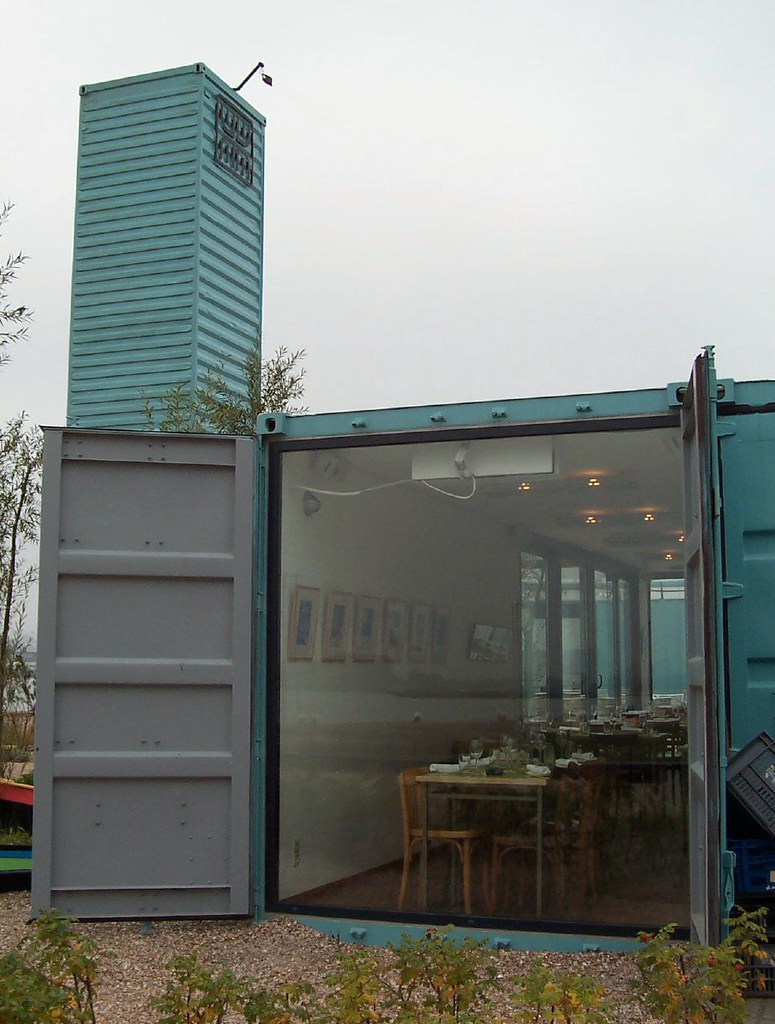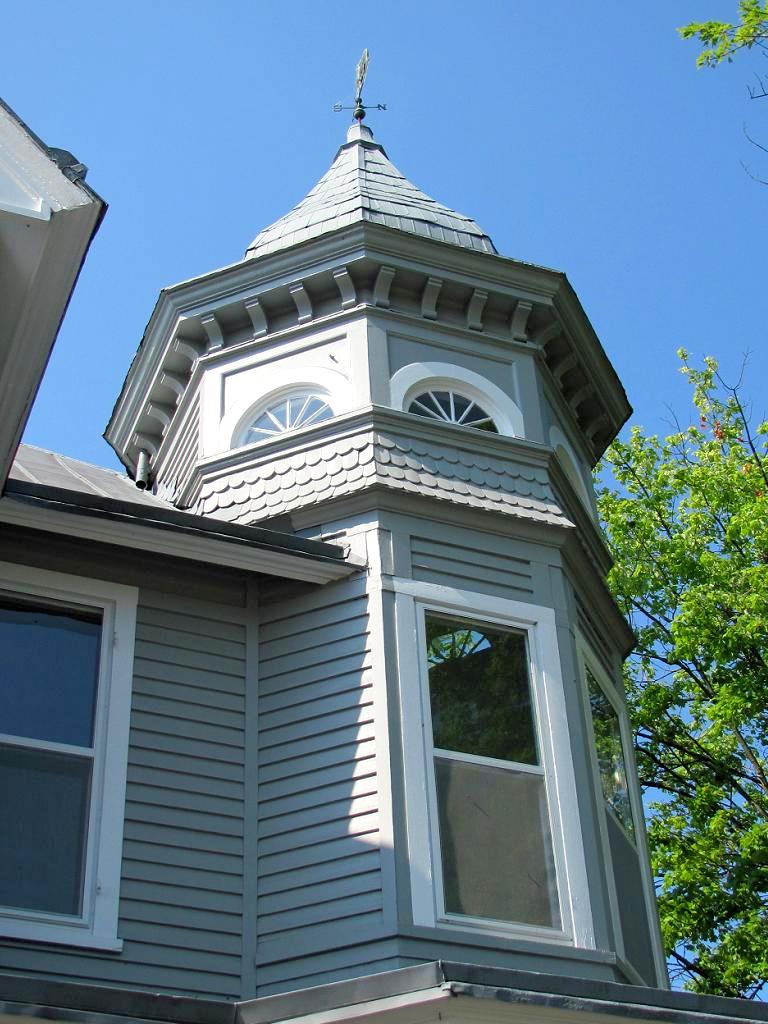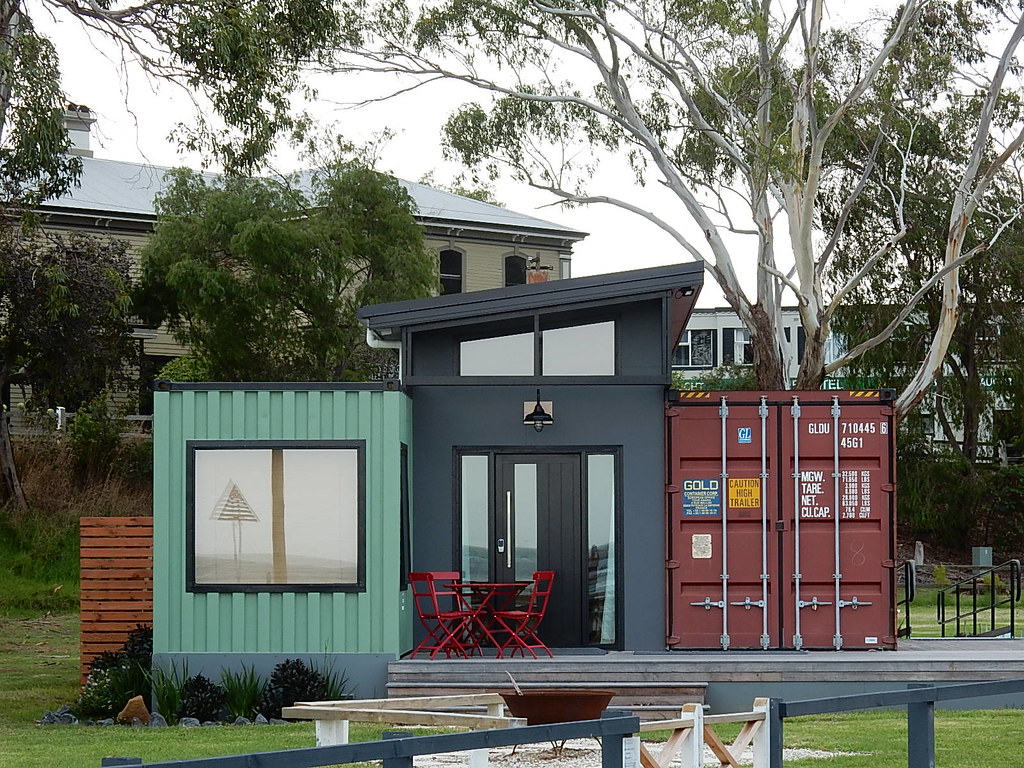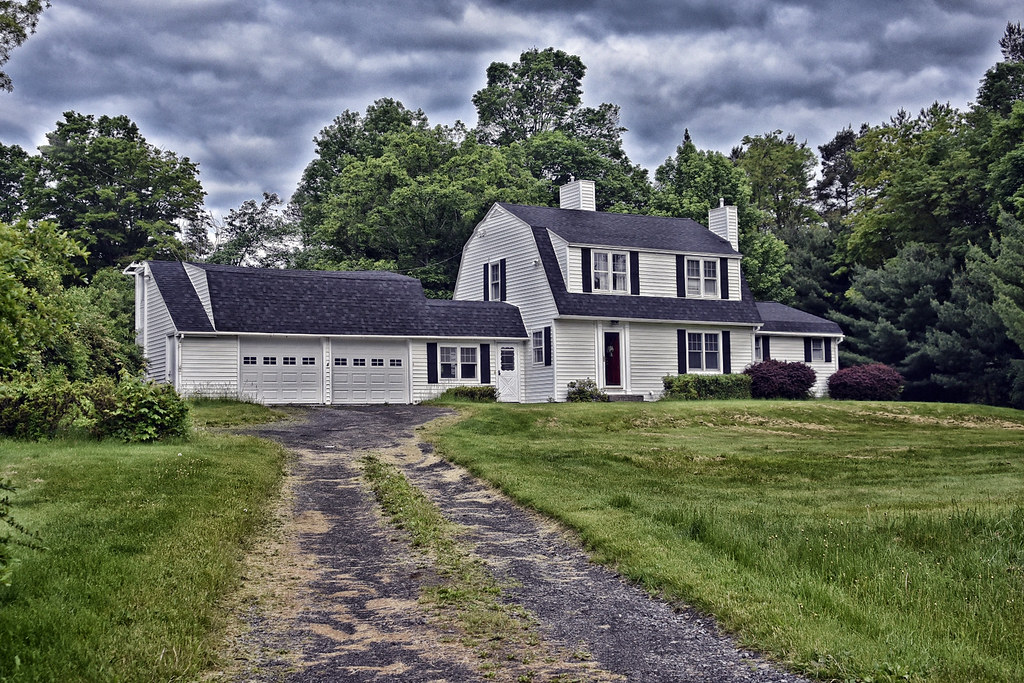Greetings, fellow container home enthusiasts! I’m Lulaa Black, your friendly container home connoisseur, and today we’re diving headfirst into the exciting world of assessing the resale value of these innovative, compact living spaces. Container homes have come a long way in recent years, transforming from humble shipping containers into stylish, sustainable dwellings. As we explore this fascinating topic, we’ll uncover the factors that influence a container home’s resale value and learn how to make sure your investment holds its worth.
Container homes, if you’re new to the concept, are repurposed shipping containers converted into habitable spaces. They have rapidly gained popularity for their eco-friendly, cost-effective, and versatile qualities. However, like any real estate investment, assessing the resale value of container homes requires a keen eye and a little know-how.
Location, Location, Location
Just like traditional homes, the location of your container home plays a significant role in determining its resale value. It’s no secret that a container home in the heart of a bustling city will fetch a higher price than one in a remote countryside setting. Think of it this way: a container home in an urban environment might be a trendy, affordable housing option, while a rural container home could be a perfect escape from the hustle and bustle of city life.
Architectural Design and Aesthetics
The unique architectural design and aesthetics of your container home can have a significant impact on its resale value. Container homes are celebrated for their adaptability and style. While some may prefer the industrial look of a container with exposed metal surfaces, others might opt for a more polished, modern appearance with added siding or cladding.
Let’s say you’ve gone all out with custom windows, an open floor plan, and stunning interior finishes. This extra attention to design details can potentially set your container home apart from the competition and fetch a higher resale price.
Investing in innovative and functional designs can make your container home not just a place to live but a piece of art that future buyers will be willing to pay a premium for.
Quality of Materials and Workmanship

The quality of materials used in the construction of your container home is another crucial factor when assessing resale value. Container homes that employ durable, sustainable materials, and skilled workmanship will undoubtedly be more appealing to prospective buyers.
Imagine you’ve used top-notch insulation, roofing, and plumbing systems, ensuring that your container home is energy-efficient and low-maintenance. This attention to detail not only increases the comfort and functionality of the dwelling but also boosts its long-term value.
Conversely, cutting corners on materials and workmanship may lead to problems down the line, resulting in lower resale values and costly renovations for potential buyers.
Age and Condition
Just like with cars, the age and condition of your container home will significantly influence its resale value. Consider two container homes: one is brand new, and the other is a decade old. The newer one is likely to attract a higher price due to its modern amenities, warranty coverage, and up-to-date building standards.
That said, well-maintained older container homes can still fetch a fair price if they have been properly cared for and renovated as needed. Think of it as a classic car—age can add character and uniqueness, which may appeal to a particular set of buyers.
Regular maintenance, updates, and the occasional facelift can help ensure that your container home retains its value over time.
Local Market Trends and Demand
Keep a finger on the pulse of your local real estate market. Market trends can change rapidly, and understanding what’s in demand in your area can make a significant difference in your container home’s resale value. For instance, if there’s a growing interest in alternative housing solutions or a surge in remote work opportunities, your container home may become even more attractive to potential buyers.
Do some research, attend local real estate events, and engage with real estate professionals to get a feel for market dynamics and buyer preferences in your area. Staying ahead of the curve can help you position your container home effectively and capitalize on rising demand.
Marketing and Presentation

Presentation matters. When it’s time to put your container home on the market, how you market and present it will affect its resale value. High-quality photographs, 3D virtual tours, and well-crafted listings can make a significant difference in attracting potential buyers.
Tell the story of your container home. Highlight its unique features, the journey of its creation, and the lifestyle it offers. Your marketing efforts should convey the value, both in terms of aesthetics and functionality, that your container home provides.
Moreover, consider staging your container home to help potential buyers visualize themselves living in the space. A well-staged home often sells faster and at a higher price.
Legal and Regulatory Considerations
Understanding the legal and regulatory landscape is crucial when assessing the resale value of your container home. Zoning regulations, building codes, and permitting requirements can vary from place to place. Ensuring that your container home complies with local laws and regulations is essential to avoid complications during the sale.
Potential buyers will be more confident in purchasing your container home if they know it’s fully compliant with all legal requirements, saving them time, effort, and potential legal issues down the road.
Conclusion
Assessing the resale value of container homes is a multifaceted endeavor that takes into account location, architectural design, materials, age, energy efficiency, local market trends, marketing, legal considerations, and that elusive X-factor. Container homes have evolved from their humble beginnings to become sought-after dwellings with unique features and sustainability benefits.
As a container home owner, you have the power to maximize the resale value of your property by making smart choices in design, maintenance, and marketing. Whether you’re looking to sell your container home in the future or simply want to ensure it retains its value, these considerations will help you navigate the exciting world of container home real estate.
Remember, your container home is not just a house; it’s an embodiment of a sustainable and innovative lifestyle, and that, my friends, is truly priceless. So, keep dreaming, keep building, and keep assessing the resale value of your fantastic container home with an eye on the future. Happy container living!
Was this response better or worse?BetterWorseSame





















Find Us on Socials